
(ECNS) -- After undergoing a brain-computer interface (BCI) surgery, a 19-year-old epilepsy patient in China has gained the ability to control both basic computer games like Pac-Man and complex games such as Honor of Kings and Black Myth: Wukong with his mind.
In the clinic trial for high-throughput flexible BCI motion decoding, Shanghai-based tech company NeuroXess has achieved new progress. The subject was implanted with its self-developed 256-channel flexible BCI, which -- by integrating an efficient deep learning model and training paradigm -- can achieve daily self-optimization based on the subject's electroencephalography (EEG) characteristics, effectively overcoming the challenge of neural signal drift and enabling precise brain-controlled operation.
Tao Hu, founder and chief scientist of NeuroXess, revealed that the company's next-generation wireless BCI product has completed R&D and design, with related clinical trials expected to begin within this year.
The XessOS operating system, designed for this BCI, was independently developed by NeuroXess. It performs millisecond-level feature extraction and motion intention decoding, accurately translating neural signals into computer control commands. Using this system, the subject can seamlessly browse the internet, operate various apps, and control smart wheelchairs or home devices, all through thought.
After 19.87 hours of training, the subject achieved a brain-controlled cursor performance of 4.07 bits per second under the enhanced user interface. In comparison, Neuralink, an American neurotechnology company co-founded by Elon Musk, has achieved 4.6 bits per second of performance for its subject under similar enhanced interface conditions after 60 hours of training.
Zhou Zhitao, a researcher at the Shanghai Institute of Microsystem and Information Technology, Chinese Academy of Sciences, said the response speed of 4.07 bits per second is gradually approaching the operation speed of a normal person using a traditional mouse, validating the feasibility of BCI technology in complex application scenarios.
In December 2024, NeuroXess partnered with Professor Wu Jinsong's neurosurgery team at Huashan Hospital to conduct China's first real-time Chinese language synthesis clinical trial using high-throughput implantable flexible BCIs.
The patient recovered well, achieving 71 percent decoding accuracy for 142 common Chinese syllables after five days, with single-character decoding latency under 100 milliseconds, bringing hope for speech rehabilitation in aphasia patients.
(By Zhang Dongfang)









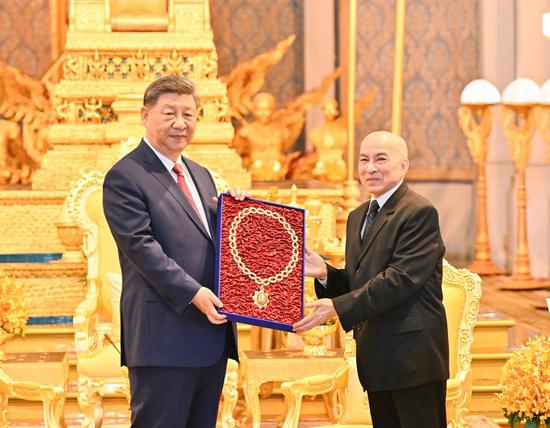







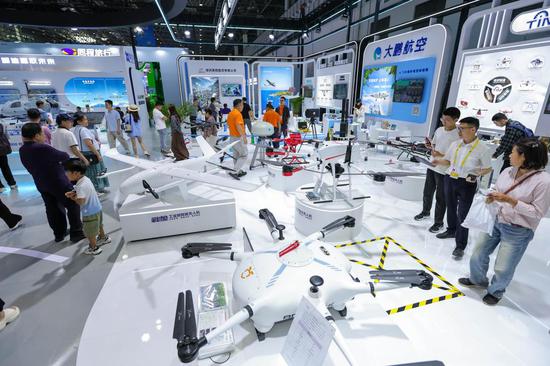
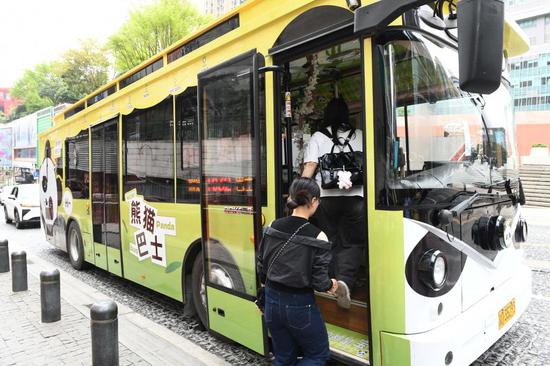
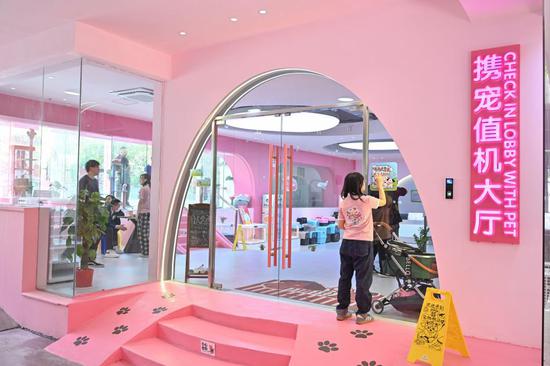

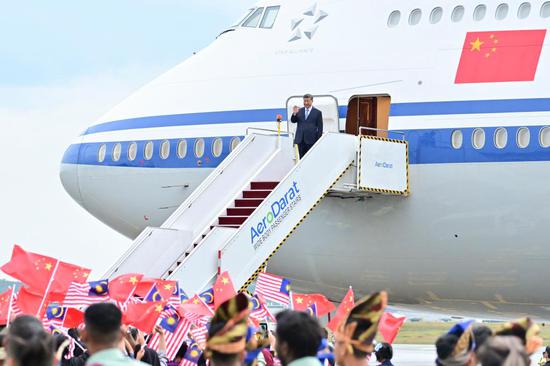


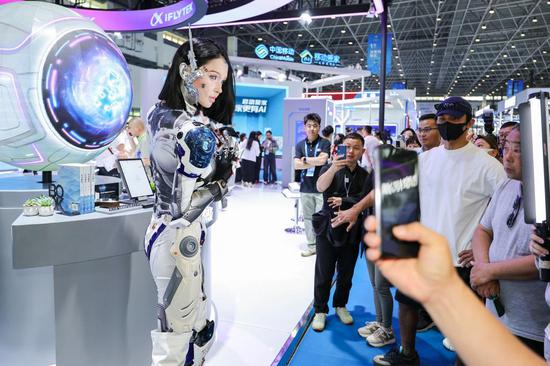

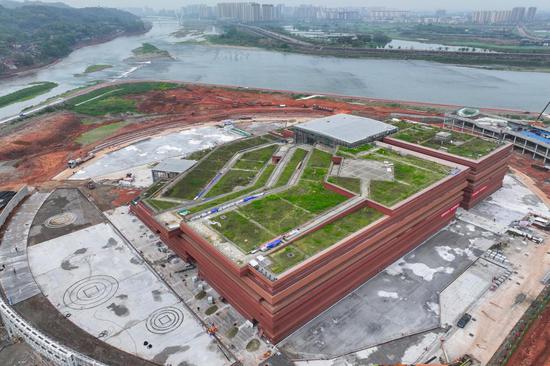




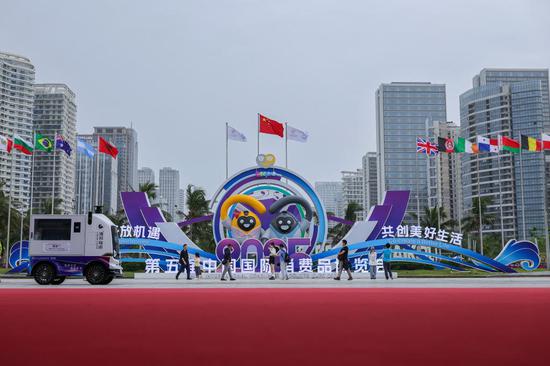


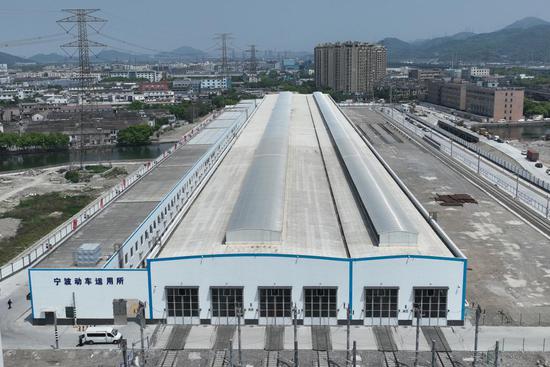


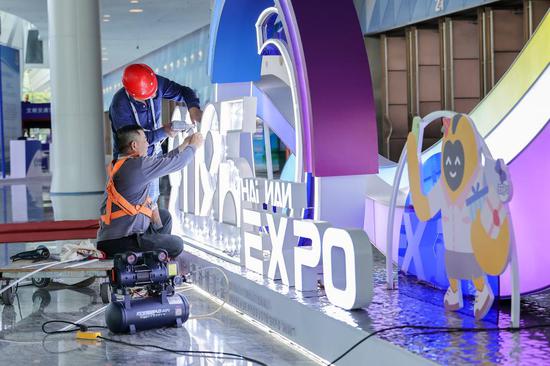




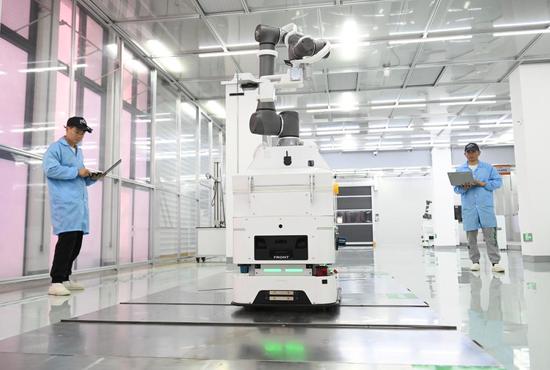





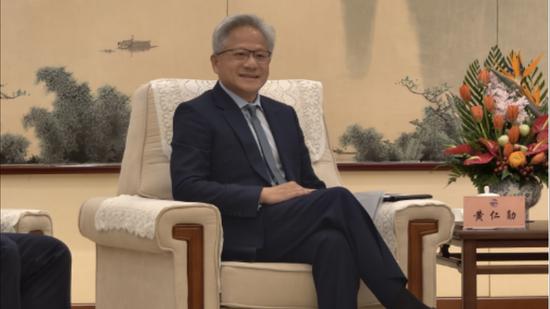

 京公网安备 11010202009201号
京公网安备 11010202009201号